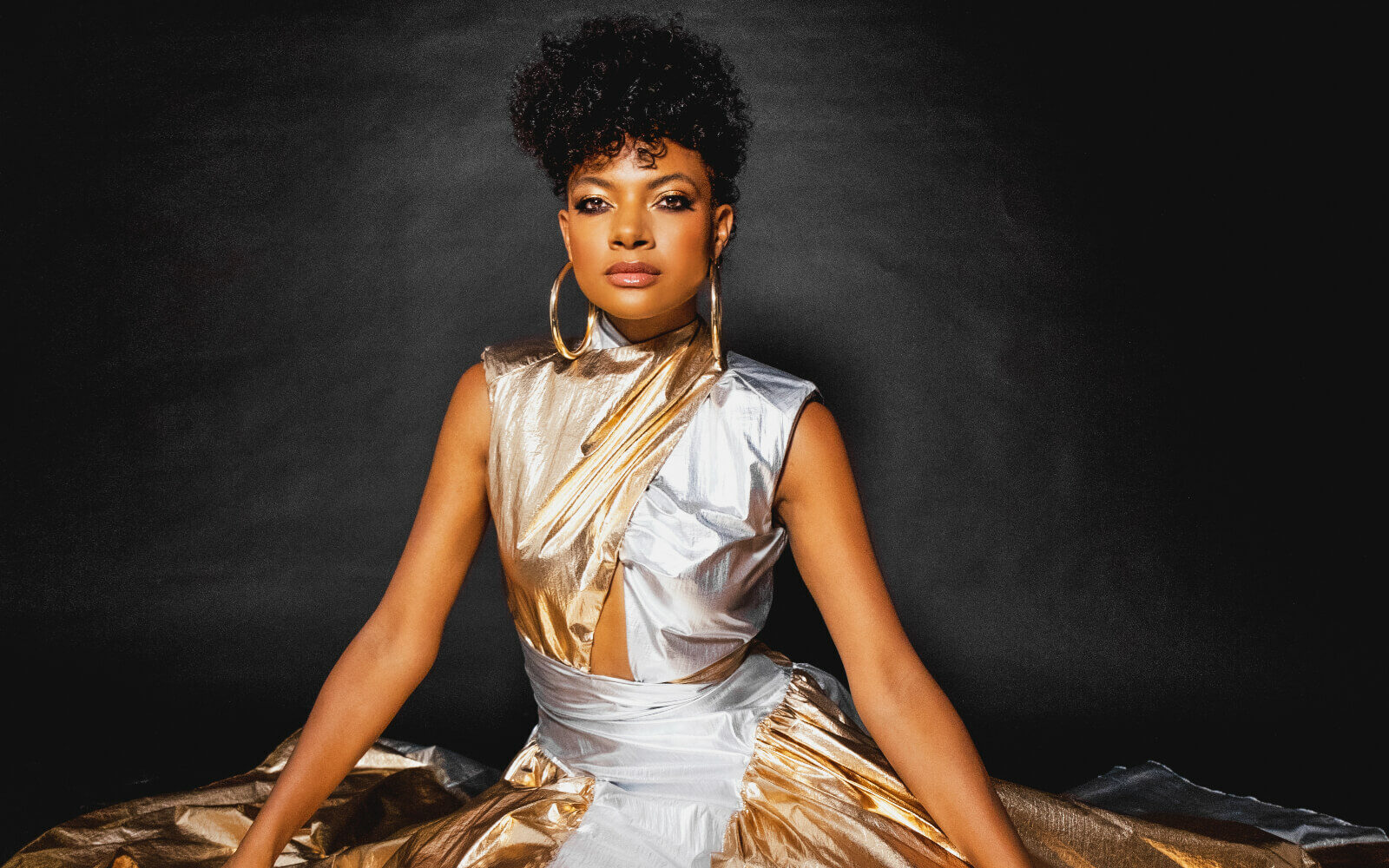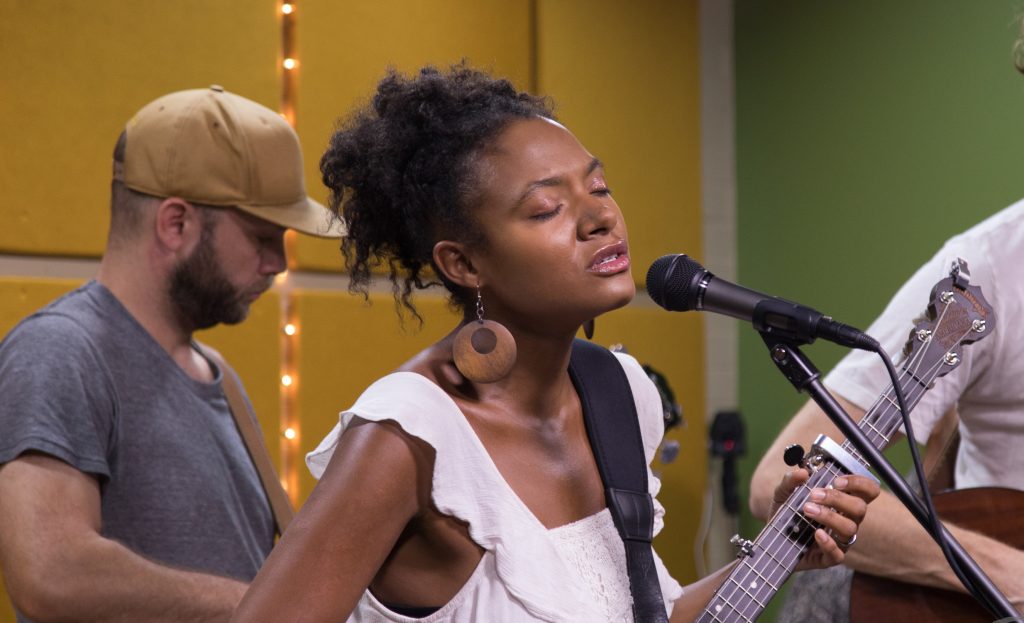Roots and Resilience: The Life and Music of Allison Russell

By Sarah Swirsky, MSW, LISW, Summit Wellness Coordinator
When I listen to Allison Russell’s music, I feel inspired, soothed, and deeply connected—to her story, to the beauty of resilience, and to the healing power of song. Having followed her journey, I’m continually amazed by the joy she radiates on stage, a testament to her resilience and artistry after enduring years of abuse and homelessness. Her story is a powerful reminder of why art and music matter: they offer lessons, transform pain into beauty, and remind us of the strength of the human spirit.
Russell, a Canadian singer-songwriter and multi-instrumentalist, showcases her extraordinary talent as a Black roots artist by seamlessly blending folk, jazz, country, Celtic, klezmer, and blues into a unique and evocative sound. Born in Montreal to a teenage Scottish-Canadian mother, her Grenadian father—who was on a temporary student visa—left before she was born. Russell endured foster care and severe abuse at the hands of her American stepfather. At 15, she fled her home, finishing high school while living on the streets and finding refuge in the folk music scenes of Montreal and Vancouver.
In 2019, Russell joined Our Native Daughters, a banjo-driven collective dedicated to exploring the legacies of race, slavery, and resilience. The group, which also included acclaimed artists Rhiannon Giddens, Leyla McCalla, and Amythyst Kiah, created music that reclaims and reimagines the narratives of Black women throughout history. Around the same time, Russell reconnected with her Grenadian father, a reunion that prompted her to delve into her family’s painful history with slavery. This deeply personal journey inspired her to write the haunting and powerful song "Quasheba, Quasheba," which tells the story of one of her ancestors.
That same year, she began crafting songs for Outside Child, a deeply personal album addressing her childhood trauma. Released in 2021 to critical acclaim, the album made her the first black artist in Canadia to win a Juno award for Contemporary Roots Album. Her follow-up album, The Returner, recorded in Los Angeles, marked a joyful shift in her music, earning four Grammy nominations and winning Best American Roots Performance for the single "Eve Was Black."
Did you know that Allison Russell also performed live at Studio C at the Summit FM with her early band, Birds of Chicago, in 2018? That performance was a glimpse into the artistry that would later flourish into her solo career—a career that not only shares her journey of survival and healing but also demonstrates how art can transform pain into profound beauty and inspiration.
This video is one of my favorites—it brings me both joy and tears with its beautiful intersectionality and powerful truth-telling.







